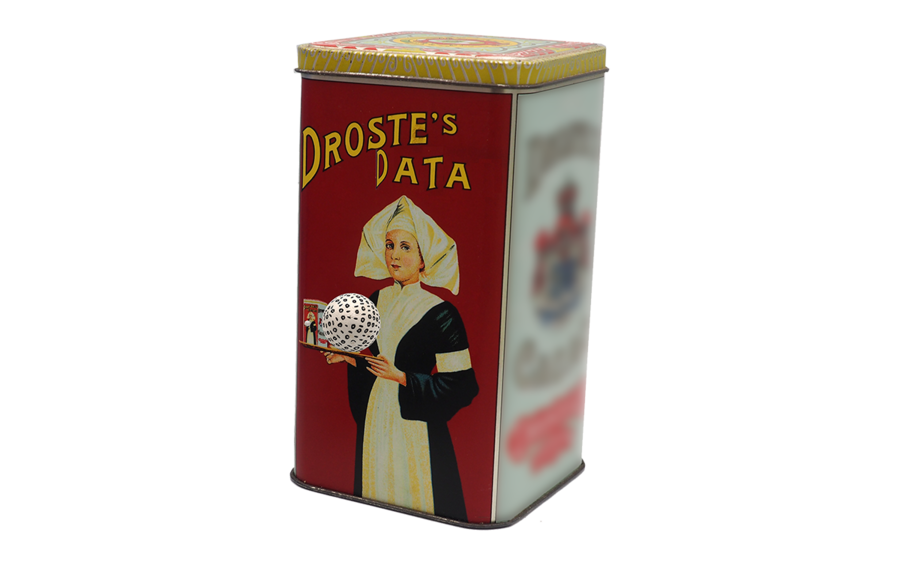Reproducibility means that research data and code are made available so that others are able to reach the same results as are claimed in scientific outputs | The Open Science Training Book, 2018
Reproducible research practices form the core of good research. In this section we briefly explain how we understand the concept of reproducibility in Essentials 4 Data Support.
Reproducibility Definitions
Different definitions of reproducibility exist in scientific literature and in practice. That can be confusing. Barba (2018) provides an overview of the various definitions and indicates how their use may differ per scientific discipline. She indicates that there is no other real solution than to always indicate what you mean by a term.
In Essentials 4 Data Support we call research reproducible when researchers provide all the necessary metadata, software and computer scripts that make it possible to either re-conduct the research or to make re-analysis of the research data possible.
Setting up reproducible research requires a thorough preparation in the planning phase. In Chapter II we will discuss a number of tips and tools that aim to increase the reproducibility of scientific research.
Reproducible research practices are at the heart of sound research and integral to the scientific method. How best to achieve rigorous and efficient knowledge accumulation is a scientific question | A manifesto for reproducible science, 2017

In the spotlight
Metascience: Scientific research into reproducibility
The research community is taking action to improve the quality and credibility of scientific research - through a scientific approach. A few examples:
- A dissertation on the subject of study data management and reproducibility in experiments with the particle accelerator, the Large Hadron Collider, from CERN. This study made it possible to identify and address barriers to reproducibility (Trisovic, 2018).
- A large-scale study into reproducibility in the field of psychology (Open science collaboration, 2015).
- In 'a manifesto for reproducible science' (Munafo, 2017), the authors argue that the key to robust metascience - which evaluates and improves research practice - is that researchers continue to question the status quo. Self-research into the improvement and self-correction of the scientific process is just as important as conducting the research itself.

Sources
Click to open/close
Barba, L.A. (2018). Terminologies for Reproducible Research. arXiv:1802.03311
Munafò, M.R., Nosek, B.A., Bishop, D.V.M., Button, K.S., Chambers, C.D., du Sert, N.P., Simonsohn, U., Wagenmakers, E., Ware, J.J., Ioannidis, J.P.A. (2017). A manifesto for reproducible science. Nature Human Behaviour. http://doi.org/10.1038/s41562-016-0021
Open Science Collaboration (2015). Estimating the reproducibility of psychological science. Science, 349(6251):aac4716. https://doi.org/10.1126/science.aac4716
Foster Open Science (2018). Open Science Training book. 4. Reproducible Research and Data Analysis. https://book.fosteropenscience.eu/en/02OpenScienceBasics/04ReproducibleResearchAndDataAnalysis.html
Trisovic, A. (2018). Data preservation and reproducibility at the LHCb experiment at CERN [Doctoral thesis]. https://doi.org/10.17863/CAM.30973





